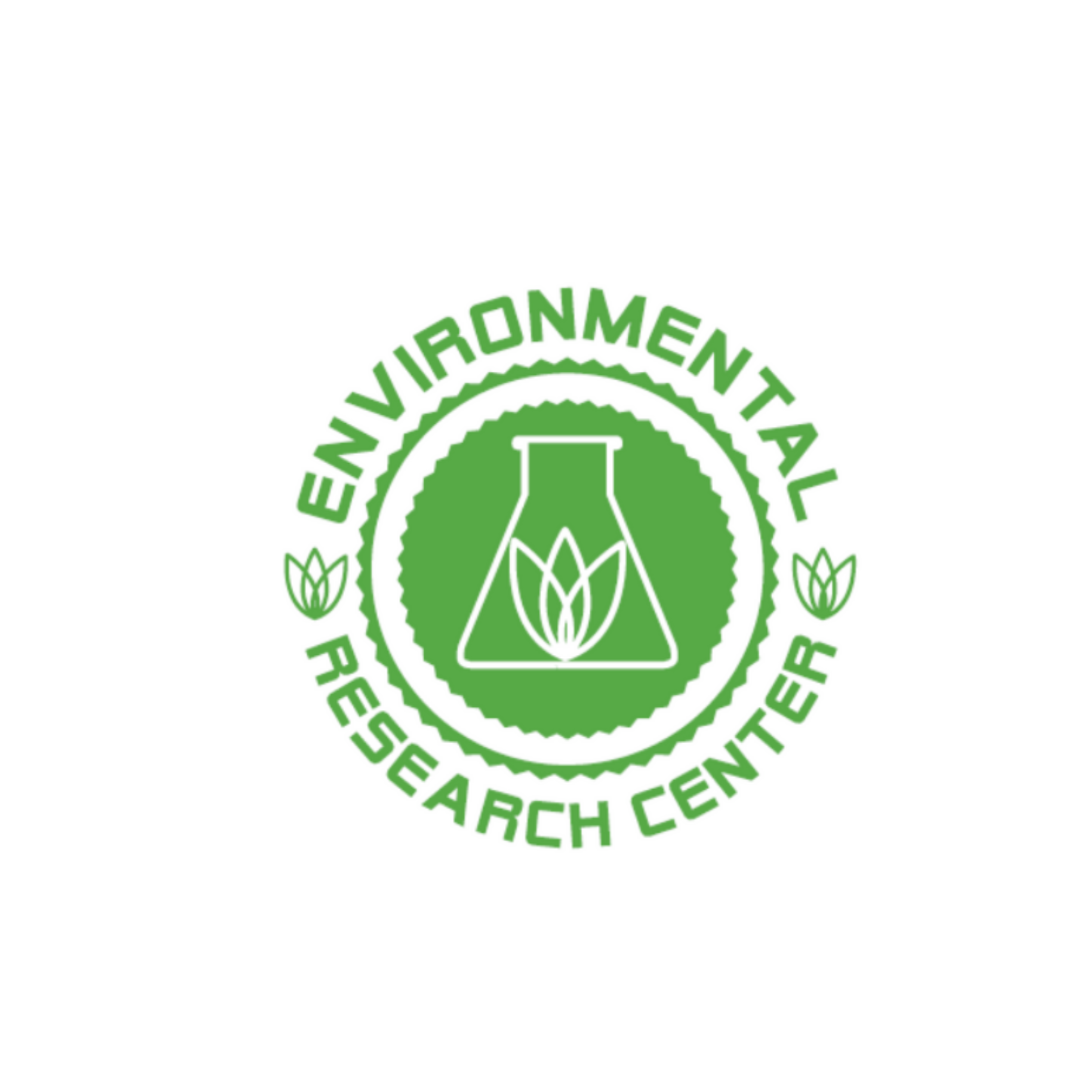Parents Against Toxins: Fighting for Safer Products and Honest Labels
Every parent wants the best for their family — and when it comes to food, supplements, and personal care products, we often trust that what’s sold on store shelves is safe. But under California’s Proposition 65, we’re reminded that not all “natural” or “clean” products are free from harmful chemicals.
🛒 Tips to Shop Safer
✅ 1. Use Proposition 65 as a Warning System — Not a Fear Trigger
Proposition 65 was created to give consumers the right to know about toxic chemicals in the products they use and the environment they live in. If a product doesn’t carry a warning label but should, that’s a red flag. But don’t panic — use Prop 65 to ask better questions:
Does this brand test for lead, arsenic, cadmium, or PFAS?
Do they clearly disclose their compliance with Prop 65?
If the label does have a warning — what chemical is it for, and how is the consumer exposed?
Prop 65 isn’t perfect, but it’s one of the strongest tools we have for holding companies accountable.
You don’t need to be a chemist to protect your family. Here are some tips to help you shop smarter:
📄 2. Always Ask for Third-Party Lab Testing (COAs)
Before buying supplements, protein powders, detox blends, or even baby care products, request a Certificate of Analysis (COA). This document shows whether a product has been independently tested for contaminants, including heavy metals and known Prop 65 chemicals.
A trustworthy brand will provide:
Full test results (not just “pass/fail” language)
Recent testing dates (within the last 6–12 months)
Results for each batch or lot number
No COA? That’s your cue to walk away.
🌿 3. Don’t Rely on Buzzwords Alone
Words like “plant-based,” “all-natural,” “clean,” or even “non-toxic” aren’t regulated and don’t guarantee safety. Many products using these labels have tested positive for dangerous toxins.
Instead, look for:
Specific language like “tested for heavy metals” or “Prop 65 compliant”
Details about ingredient sourcing and manufacturing controls
Certifications that include safety standards (e.g., NSF Certified for Sport, USP Verified)
🔬 4. Be Extra Cautious with High-Risk Categories
Certain types of products are especially prone to contamination due to how they’re grown, harvested, or processed. Pay extra attention to:
Plant-based protein powders (like pea, rice, or hemp)
Greens and superfood blends
Turmeric, cacao, and herbal teas
Seaweed, kelp, and algae supplements
Children’s multivitamins
🔎 5. Check ERC’s Case Archive Before You Buy
At the Environmental Research Center, we publish real-time updates on products that are the subject of Proposition 65 notices for chemical violations. You can check our archive here:
👉 erc501c3.org/thearchive
This is a great way to avoid brands that are currently under legal scrutiny for hiding toxic exposures — even when the packaging looks clean and safe.
Choose products from companies that regularly test every batch for Prop 65 chemicals — not just once a year.
🤝 6. Support Brands That Lead with Transparency
The best thing you can do? Reward companies that do it right.
Look for brands that:
Share full ingredient and contaminant testing openly
Offer QR codes linking to test results
Clearly outline their safety protocols and compliance efforts
Stay ahead of Prop 65 enforcement, not behind it
When enough parents and caregivers demand honesty, the industry listens.
Join the Fight for Safer Families
The wellness industry is booming — but without accountability, even good intentions can lead to toxic consequences.
We’re here to demand better. Not just for ourselves, but for our kids.
👉 Support ERC’s work
👉 Share this post with a fellow parent
👉 Choose products with real transparency, not just pretty packaging
Because no one should have to choose between wellness and safety.

